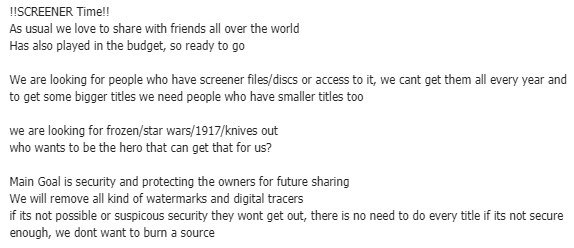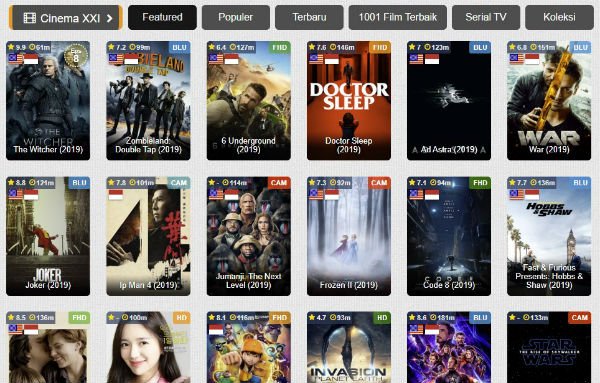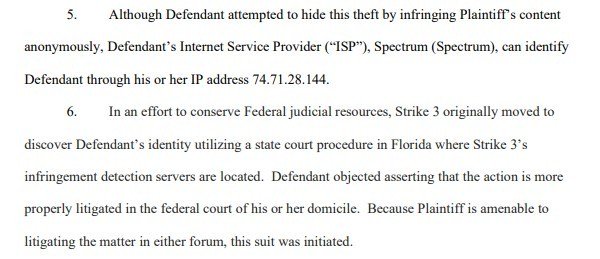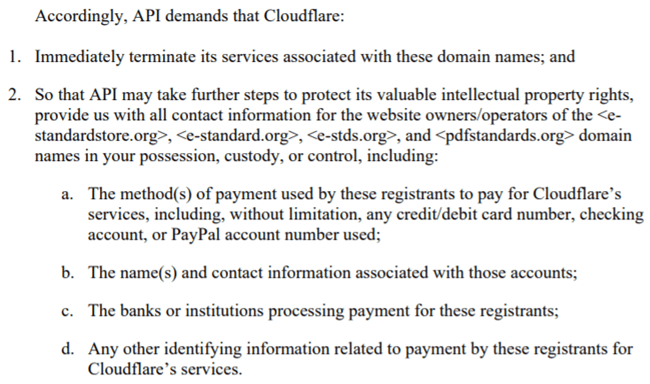
Until now, Dutch Internet users have been spared from this practice but local movie distributor Dutch Filmworks would like that to change.
Two years ago the company received permission from the Dutch Data Protection Authority to track the IP-addresses of BitTorrent users who shared pirated movies.
However, that was only the first hurdle. The next step was to identify the subscribers behind the IP-addresses and Dutch Internet provider Ziggo didn’t want to share any customer data without a court order.
The case went to court, where the movie company requested the personal details of 377 account holders whose addresses were used to share a copy of “The Hitman’s Bodyguard”.
This didn’t go as planned for Dutch FilmWorks. In February, the Central Netherlands Court denied the company’s request for data and last month the Court of Appeal reached the same conclusion.
Both courts concluded that Dutch Filmworks’ plans lacked transparency and it’s not clear what the movie company plans to do with the personal data it obtains. Dutch Filmworks said that it could either warn subscribers or request damages, but the criteria remain a guess.
It also remains unclear how large the proposed settlements will be. An initial figure of €150 per infringement was mentioned in the past, but this number could also be significantly higher.
The movie company is unhappy with both verdicts and told the Dutch newspaper NRC that it will take the matter to the Supreme Court. This means that the 377 account holders from ISP Ziggo remain at risk.
In theory, it’s not impossible to obtain an order compelling Dutch Internet providers to hand over personal details of accused pirates. However, the previous verdicts make it clear that Dutch Filmworks has to come with a concrete plan.
Ultimately, the Supreme Court must find a balance between the privacy rights of subscribers and Dutch Filmworks’ intellectual property rights. When there’s too much uncertainty for accused subscribers, their rights tend to weigh stronger.
Source: TF, for the latest info on copyright, file-sharing, torrent sites and more. We also have VPN reviews, discounts, offers and coupons.

 At the end of the year, movie industry insiders traditionally receive the screener copies that are used to vote on the Oscars and other awards.
At the end of the year, movie industry insiders traditionally receive the screener copies that are used to vote on the Oscars and other awards. While that may sound appealing to some people, it also shows that the group doesn’t have access to these screeners yet. This means that it’s very possible that they won’t leak at all.
While that may sound appealing to some people, it also shows that the group doesn’t have access to these screeners yet. This means that it’s very possible that they won’t leak at all.
 With millions of views per day, ‘IndoXX1’ is of one the largest pirate sites on the Internet.
With millions of views per day, ‘IndoXX1’ is of one the largest pirate sites on the Internet.
 This week we have four newcomers in our chart.
This week we have four newcomers in our chart. Last week we reported that Strike 3 Holdings, the most active copyright litigant in the US, had
Last week we reported that Strike 3 Holdings, the most active copyright litigant in the US, had 

 This week we have two newcomers in our chart.
This week we have two newcomers in our chart.


